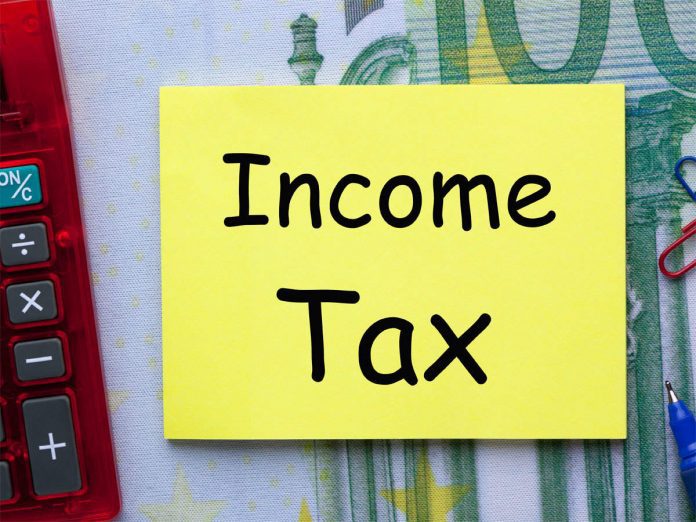Rule 132 of Income Tax was introduced by the Central Board of Direct Directives (CBDT). Let us tell you that till the amendment in section 155, payment towards cess or surcharge was treated as expenditure only. And people used to claim deduction on this.
Rule 132 of Income Tax was introduced by the Central Board of Direct Directives (CBDT). This section 155(18) is related to re-calculation of income. Form 69 is used for recalculation of Aya. This rule gives information about the cess and surcharge on the tax to be paid by the traders. The rules were clear regarding the tax on business profits, but whether the cess or surcharge paid on it would come under the purview of deduction or not. Let us tell you that till the amendment in section 155, payment towards cess or surcharge was treated as expenditure only. And people used to claim deduction on this. But later this claim was completely rejected by adding sub-section 18 to section 155. The CBDT issued a notification on 29 September 2022 and said that the assessee is not allowed to claim the surcharge.
What is the effect on tax payers
It is clear from this rule that while calculating income, deduction on surcharge is not allowed. Which means that all those who had declared income with this deduction will have to pay tax again at the time of calculation. That is, their income will be considered more. And on low income, half of the due tax will have to be paid as fine.
Relief for the assessee
This will also be a matter of relief for the assessee because according to rule 132, he can apply for re-calculation of the previous year’s total by canceling the claim of deduction on cess or surcharge. For re-calculation, form number 69 will have to be submitted on or before 31 March 2023. Only after this the calculation of income will be done again. And you have to pay the due amount in a stipulated time. After payment of tax, the assessee has to give the details of payment in Form No. 70 to the Assessing Officer.


